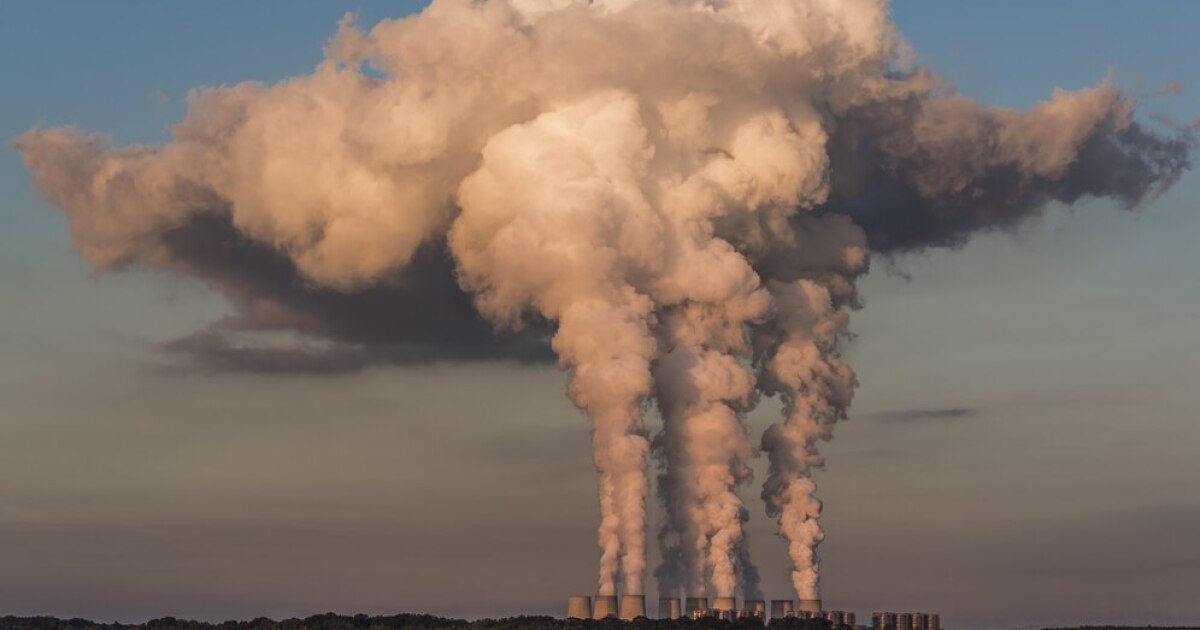
Our planet has experienced five mass extinctions in its history, events where the Earth has lost a large number of species in a relatively short period. Today we face a monumental challenge: the sixth mass extinctiona phenomenon driven mainly by human actions.
What is the sixth extinction about?
The sixth extinction, also known as the Holocene mass extinction or the Anthropocene extinction, is the event that, according to scientific evidence, the Earth would currently be facing, characterized by the extinction rate of species, which is up to 1000 times higher than the background extinction rate.
What are the main causes of the sixth extinction?
- The main cause of the sixth extinction is human activity, mainly due to habitat destruction, pollution, climate change and overexploitation.
- Deforestation, urban expansion and intensive agriculture are destroying species’ natural habitats at an alarming rate. This fragments populations, limits access to resources and increases the risk of extinction.
- Pollution of water, air and soil from chemicals, pesticides and other toxic wastes is poisoning species and disrupting ecosystems.
- Rising temperatures, changing precipitation patterns, and ocean acidification are drastically altering species’ habitats, making it difficult for them to adapt and survive.
- Overfishing and hunting are driving many species to the brink of extinction.
- NASA studies asteroid Bennu that could end Earth after 2135
The loss of biodiversity has serious repercussions for the planet and for humanity. Healthy ecosystems are essential for air and water purification, climate regulation, plant pollination, and food production. Mass extinction threatens these essential ecosystem services, with potentially devastating consequences for food security, human health, and the overall well-being of the planet.
What can we do to avoid the sixth mass extinction?
Revert the Biodiversity crisis will require a concerted global effort. Some key measures include:
- Protect natural habitats: create and expand protected areas, restore degraded ecosystems and reduce deforestation.
- Reduce pollution: implement stricter pollution regulations, promote the use of renewable energy and adopt sustainable agricultural practices.
- Mitigate climate change: reduce greenhouse gas emissions and limit the rise in global temperature.
- Promote sustainable consumption: reduce our consumption of resources, avoid waste and adopt greener lifestyles.
- Support research and education: invest in scientific research on biodiversity and promote environmental education to raise awareness about the importance of conservation.
Source: https://www.noticiascaracol.com/mundo/seremos-parte-de-la-sexta-extincion-masiva-es-la-mas-rapida-de-la-historia-so35


